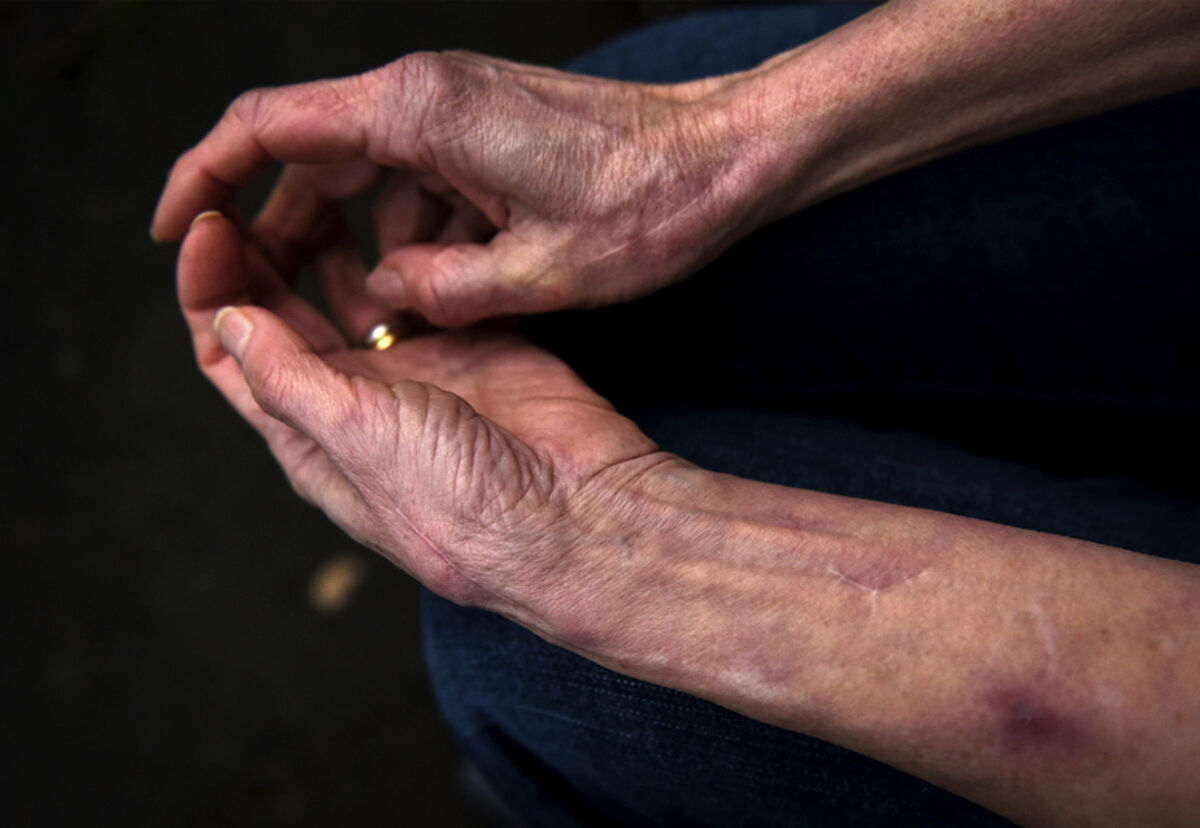FAAH-OUT: Meet the woman who feels no pain and could open door for new generation of medicines
Scientists believe they now understand why. In a paper published in The British Journal of Anaesthesia, researchers attribute Ms. Cameron’s virtually pain-free life to a mutation in a previously unidentified gene called FAAH-OUT. The hope, they say, is that the finding could eventually contribute to the development of a novel pain treatment. They believe this mutation may also be connected to why Ms. Cameron has felt littleanxiety or fear throughout her life and why her body heals quickly. “We’ve never come across a patient like this,” said John Wood, the head of the Molecular Nociception Group at University College London.
Scientists have been documenting case studies of individuals who experience little or no pain for nearly 100 years. But the genetic mutation that seems to be responsible for Ms. Cameron’s virtual painlessness had not been previously identified. “Each of these mutations teach us something, and point to a particular gene as a potential target for new and more effective pain medications” says Dr. Stephen G. Waxman, a neurologist at Yale and the author of “Chasing Men on Fire: The Story of the Search for a Pain Gene.” In recent decades, scientists have identified dozens of other people who process pain in unusual ways. But when researchers inspected her genetic profile, it did not resemble that of others known to live without pain. Eventually they identified a gene called FAAH-OUT. All of us have this gene. But in Ms. Cameron’s, case FAAH-OUT has a deletion that removes the front of the gene.
Scientists are also intrigued by Ms. Cameron’s extraordinarily low anxiety level. On an anxiety disorder questionnaire, she scored zero out of 21. She cannot recall ever having felt depressed or scared. But though having this mutation may sound like a dream, there are downsides. One is that she is quite forgetful; prone to losing her keys and her train of thought midsentence. The other is that she’s never felt the “adrenaline rush” that other people talk about, she said.
The researchers said they would now focus on trying to better understand how FAAH-OUT works so that they can design a gene therapy or other pain intervention around it.
Habib et al. (2019) Microdeletion in a FAAH pseudogene identified in a patient with high anandamide concentrations and pain insensitivity. https://doi.org/10.1016/j.bja.2019.02.019


